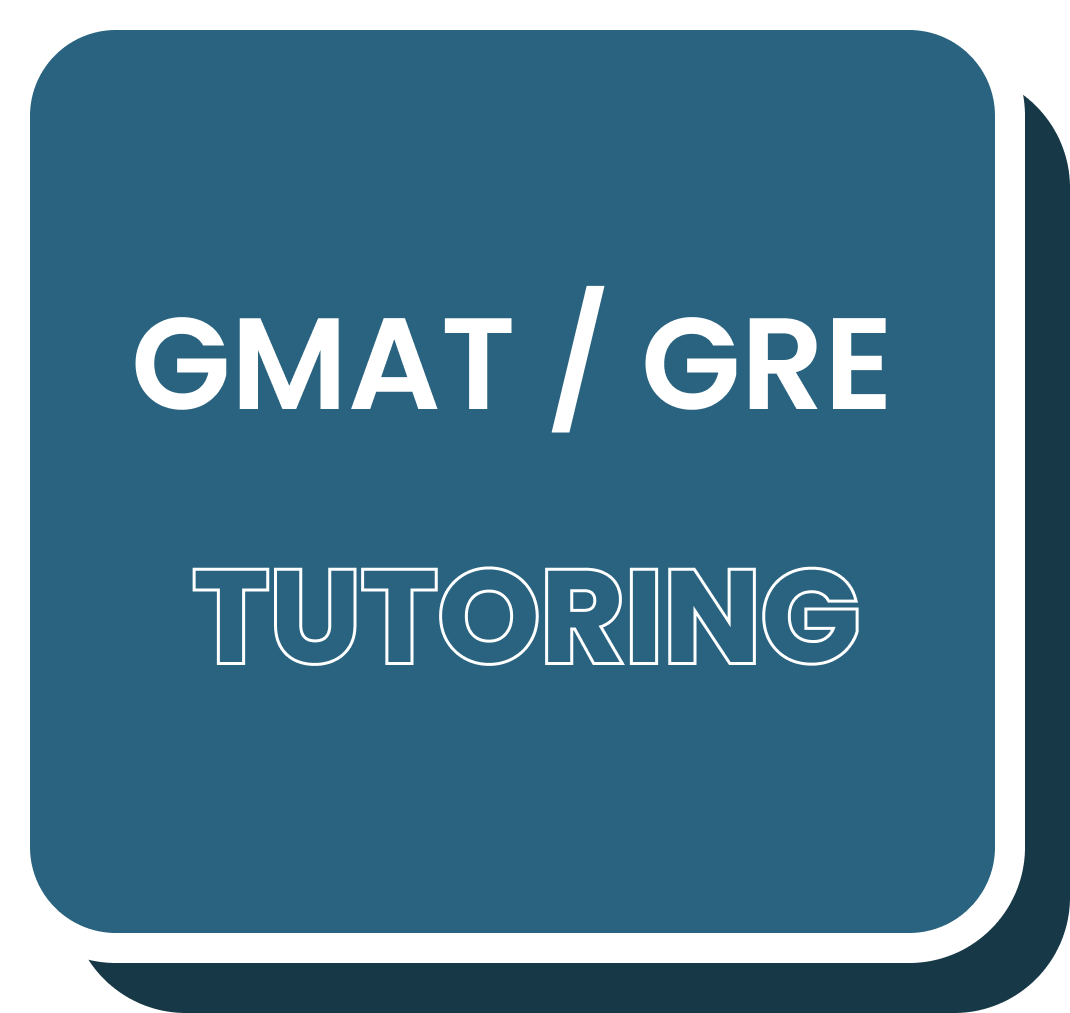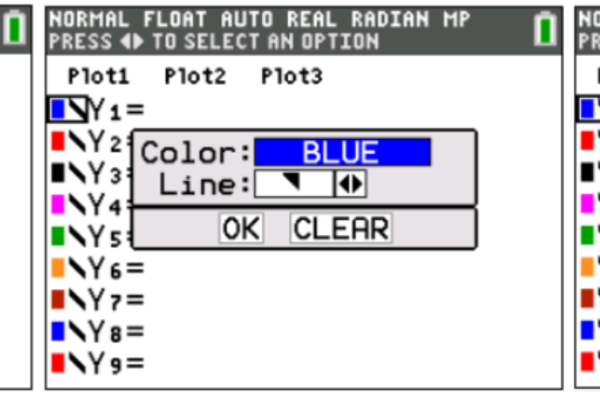The Graduate Record Examination (GRE) is a standardized test frequently used for graduate school applications in the U.S. The GRE is used by most graduate programs, including law programs and, more recently, many business programs. The test is designed to measure verbal reasoning, quantitative reasoning, and analytical writing skills. In this blog, I will provide insight into how the test assesses each of these skills and provide information about GRE preparation.
What Is the “New” GRE?
On September 22nd, 2023, a new version of the GRE will be available. The new test is shortened, bringing the overall time down from 3 hours 50 minutes to 1 hour 58 minutes. The new test assesses the same content as the old test within the shorter format. The changes between the two tests are shown in the table below.
| Section | Old GRE | New GRE (September 22, 2023) |
| Verbal Reasoning | 40 questions (2 x 20 question sections)
70 minutes (35 minutes per section) |
27 questions (2 x 13-14 question sections)
41 minutes (20-21 minutes per section) |
| Quantitative Reasoning | 40 questions (2 x 20 question sections)
70 minutes (35 minutes per section) |
27 questions (2 x 13-14 question sections)
47 minutes (23-24 minutes per section) |
| Analytical Writing | 2 Tasks
“Analyze an Issue” “Analyze an Argument” 60 minutes |
1 Task
“Analyze an Issue” 30 minutes |
What Do the GRE Sections Look like?
The verbal reasoning section asks you to analyze relationships between the components of sentences and recognize relationships between words and concepts. There are three types of questions in this section: reading comprehension, text completion, and sentence equivalency.
The quantitative reasoning section of the GRE expects you to analyze quantitative information, solve problems using math models, and use basic arithmetic, algebra, geometry, and data analysis. There are four types of questions in this section: quantitative comparison, multiple-choice (select one answer choice), multiple-choice (select one or more answer choices), and numeric entry.
The analytical writing section consists of two 30 minute tasks (the new test only has one task: Analyze an Issue”). The first task asks you to “Analyze an Issue”: you are presented with an opinion on an issue and instructions on how to respond, and you must consider the complexities of the issue and develop an argument with sufficient evidence. The second task (old GRE only) asks you to “Analyze an Argument”: you are given an argument and asked to evaluate the argument according to the given instructions, considering the logical soundness of the argument. The goal of this section is to articulate complex ideas clearly and effectively, support ideas with relevant examples, examine claims and evidence, sustain a well-focused argument, and demonstrate mastery of standard written English.
How Do I Prepare for the GRE?
While there are many options for GRE preparation (books, Khan Academy, etc.), the best way to prepare for the GRE is with an experienced GRE tutor. A GRE tutor can tailor a study program specifically to fit you and your strengths. Experienced tutors have developed effective curriculum and methods of tracking progress. Additionally, a tutor has an in-depth understanding of the test and can provide insights that may not come from independent studying alone.
Mindfish’s World-Class GRE Tutoring
- One-on-one instruction from a GRE master, tailored to your academic background and goals
- Each program starts with a 90-minute meeting to set goals and determine the overall structure of the course
- Price: $150 / hour with discounts on packages of 15 hours or more
Interested in learning more about Test Prep at Mindfish?
Contact us today to find out what our dedicated tutors can help you achieve.





